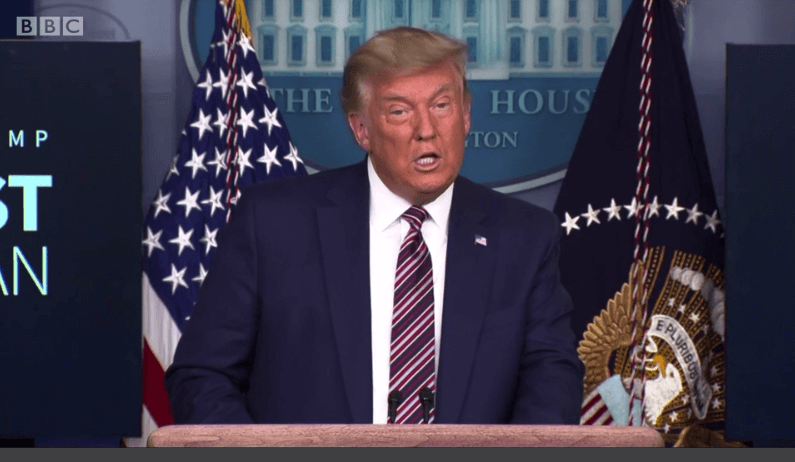According to Sunday Vanguard’s findings, no less than 15 states in Nigeria have invested approximately N301 billion in airports that do not meet the annual passenger traffic requirements per airport. These airports, located across the country, are underutilized, with minimal daily or chartered flights. They were primarily constructed by state governments and heavily rely on a few viable airports to sustain their operations. This situation confirms the public’s concerns when state governors decide to build airports.
Read Also: Ogun Orders 17 Communities Out Of Forest Reserve
Nigeria currently boasts 31 airports, with many operated by the Federal Airports Authority of Nigeria (FAAN). However, 15 of these airports were constructed by state governments since 1999. Some of these state-built airports include Asaba Airport, Mohammed Buhari Airport in Ebonyi, Akwa Ibom Airport in Uyo, Bayelsa International Airport, Ogun Cargo Airport, MKO Abiola International Airport in Osun (still incomplete), Ekiti Cargo Airport, Anambra Cargo Airport in Umuleri, Abia Airport, Wachakal Airport in Damaturu, and Dutse International Airport. Other airports facing questions regarding profitability are Lafia Airport (still incomplete), Kebbi Airport, Auchi Airport in Edo State (still incomplete), Zamfara Airport, Nasarawa Airport, and Gombe Airport.
Explore:
Even some of the first-generation airports constructed by the Federal Government during the military era, such as Makurdi, Port Harcourt, Enugu, Kano, Kaduna, Benin, Owerri, Jos, Sokoto, Maiduguri, Yola, Bauchi, Akure, Ibadan, Ilorin, Calabar, Minna, and Katsina airports, are experiencing profitability concerns.
State-built airports that were handed over to FAAN for management are seen as a financial burden on the agency, and they are considered unsustainable by aviation experts. Director-General of the Nigerian Civil Aviation Authority (NCAA), Captain Musa Nuhu, expressed concern about the proliferation of state airports and their impact on the agency, noting that some of these airports have very limited flight schedules, and they do not generate substantial revenue.
The Managing Director of FAAN, Captain Rabiu Yadudu, also lamented that most state-built facilities are not commercially viable. He emphasized the need for the federal government to provide support and intervention to ensure the sustainability of these airports in the long term.
Investigations reveal that the bulk of the funds used by FAAN to operate all airports in the country are generated from Lagos airports. Minister of Aviation, Mr. Festus Keyamo, confirmed this, stating that 60 percent of FAAN’s revenue comes from Lagos. Many state-built airports reportedly have financial obligations to FAAN, further straining the agency’s resources.
Read Also: New: Tinubu, Atiku, Obi Absent As S’Court Delivers Judgment
Despite these issues and growing concerns about the necessity of more airports, state governors continue to construct airports, draining the resources of the Federal Government. Sunday Vanguard’s findings indicate that over the past 15 years, approximately N301 billion has been spent on airports that many aviation stakeholders describe as unproductive across several states.
The construction of these airports often faces controversy, with critics accusing state governors of embezzling funds through these projects. For instance, former Governor of Zamfara State, Bello Matawalle, is currently facing allegations of misappropriating funds through the construction of the Gusau International Cargo Airport.
While there are differing opinions on the need for more airports in Nigeria, there is a consensus among experts that the scale of construction is unsustainable. Some suggest that the focus should shift towards optimizing existing airports and addressing critical issues such as road infrastructure and basic social services.










